The Dosti Project: Building bridges through music
The Dosti Music Project is an initiative of the Embassy of the United States in Pakistan
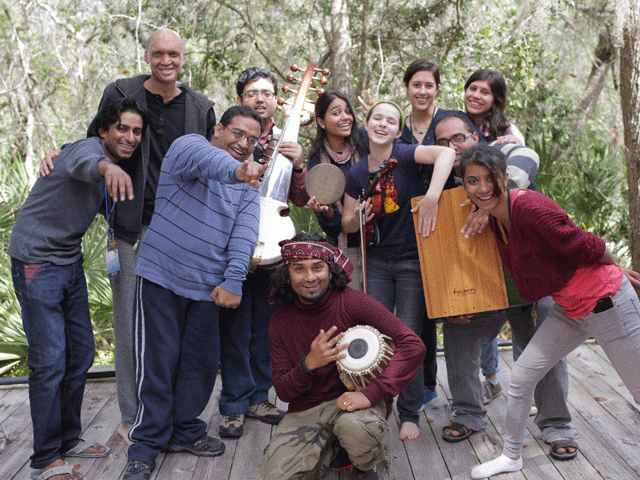
The Dosti Music Project is an initiative of the Embassy of the United States in Pakistan
PHOTO: DOSTIMUSIC.ORG
The project invites six Pakistanis, two Indians, and two US musicians from a wide variety of traditions, ranging from Sufi singing to beat-making to avant garde jazz, to collaboratively write, record, and perform original music, reinvent traditional music, and develop initiatives that will make a positive impact on communities locally and internationally.
Through the process of sharing, listening, and collaborating, the Dosti musician delegates will model a creative, cooperative, and egalitarian cultural exchange between India, Pakistan, and the United States – providing a positive template for cross-national discourse and people-to-people diplomacy.
 PHOTO: DOSTIMUSIC.ORG
PHOTO: DOSTIMUSIC.ORGBy providing musicians from India and Pakistan the infrastructure for collaboration and integration, Dosti creates a unique opportunity to reconnect musical traditions and re-link the politically fractured South Asian subcontinent.
The initiative is a project of the Embassy of the United States in Islamabad, Pakistan, and produced by Bang on a Can’s Found Sound Nation in partnership with Atlantic Center for the Arts.
Dosti, which means friendship in both Urdu and Hindi, transcends political barriers through cross-cultural musical collaboration, and that's what this project aims to achieve.
The cultures of India and Pakistan are deeply interconnected, yet creating opportunities for people-to-people contact can be challenging. Still, music has always served as a binding force in South Asia: Bollywood is wildly popular on both sides of the border, just as ghazal singers attract audiences in both countries and across the region. Indians and Pakistanis have an immense shared cultural experience upon which to build new collaborations – the Dosti Music Project provides a space for that to happen.
Reviving traditional music: Last round of tappa contest held
 PHOTO: DOSTIMUSIC.ORG
PHOTO: DOSTIMUSIC.ORGThe program begins with a three-week residency at the Atlantic Center for the Arts in Florida, including two public performances on March 4 and March 11. The Dosti Music Project continues with performances on March 12 in Savannah, Georgia and on March 19 in Chattanooga, Tennessee.
Know no borders: Musicians aim to counter extremism through Sufi music
 PHOTO: DOSTIMUSIC.ORG
PHOTO: DOSTIMUSIC.ORGThis year's Dosti 2016 collaborating artists are:
Shahzad Ismaily, Bass Player, Multi-instrumentalist, US
Born to Pakistani immigrant parents and having grown up in a wholly bicultural household, Ismaily is a largely self-taught composer and musician. He has mastered the electric and double bass, guitar, banjo, accordion, flute, drums, various percussion instruments and various analog synthesizers and drum machines.
Sonny Singh, Trumpet player, US
Singh is a musician, social justice educator, and writer based in Brooklyn, NY. He is a trumpet player, dhol player, and vocalist and has been a member of the acclaimed bhangra brass band Red Baraat since its inception in 2008.
The Dosti Music Project 2016 Fellows are:
Abakis (singer-songwriter from the US), Darbuka Siva (a percussionist from India), Danish Khawaja (a multi-instrumentalist from Lahore, Pakistan), Debasmita Bhattacharya (sarod player from India), Kaethe Hostetter (Violinist from the US), Anil Sunny (Tabla player, Pakistan), Iftikhar Ali Khan (Santoor player, Rawalpindi, Pakistan), Tanzeem Haider (Flute player, Pakistan), Mohsin Abbas (Vocalist, Gujranwala, Pakistan), Zeerak Ahmed (singer-songwriter/producer, Pakistan)

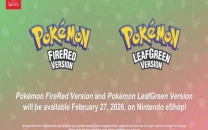

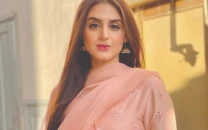

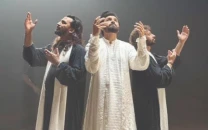
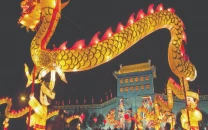












COMMENTS
Comments are moderated and generally will be posted if they are on-topic and not abusive.
For more information, please see our Comments FAQ